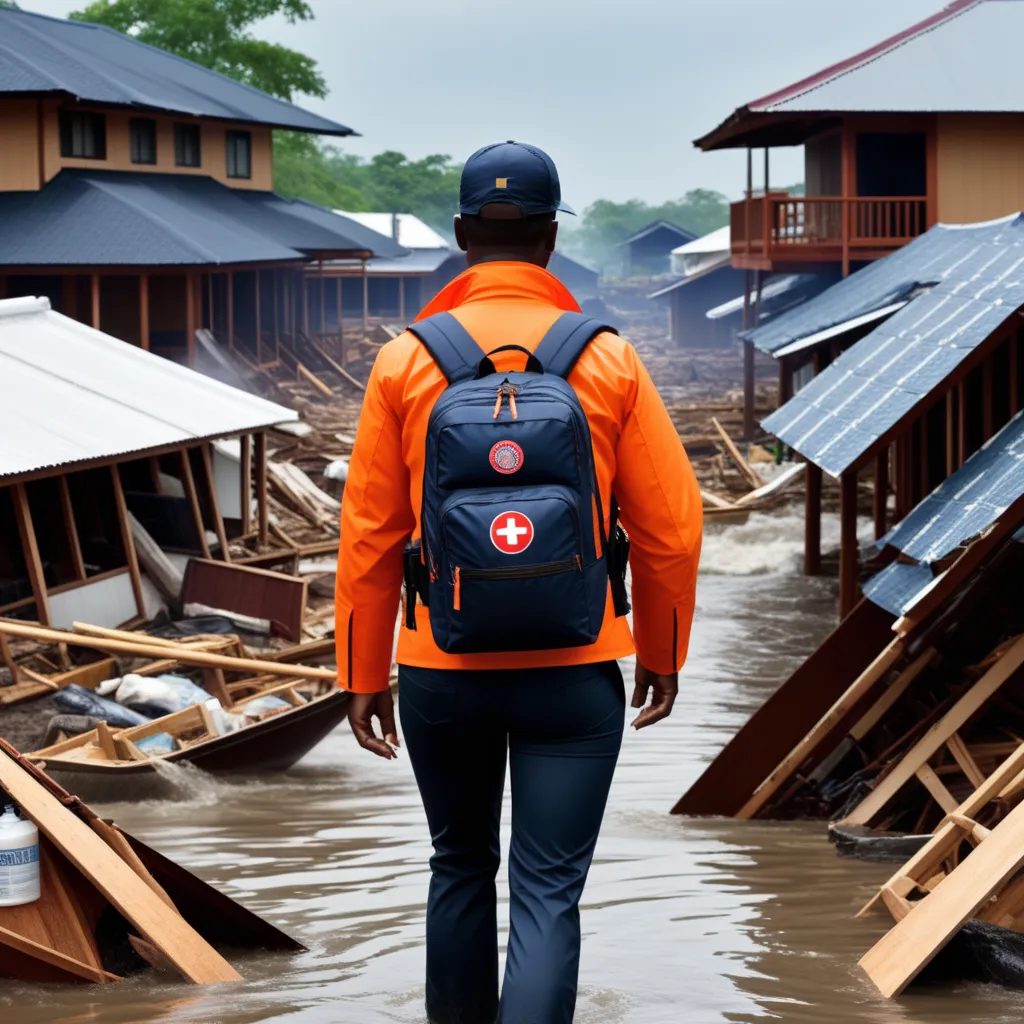Disaster Preparedness: Navigating the Storm
Facing the Unpredictable: Lessons in Preparedness
When it comes to disaster preparedness, the adage "better safe than sorry" couldn't be more apt. Disasters, whether natural or human-made, can strike without warning, underscoring the importance of being ready for the unexpected. Drawing from personal experiences and stories shared by resilient communities, let's explore the essentials of disaster preparedness.

1. The Blueprint of Preparedness: Creating a Plan
The Midnight Wake-Up Call
It was a stormy night when a power outage jolted me awake, realizing the importance of having a plan in place. Creating a disaster preparedness plan involves identifying evacuation routes, establishing communication strategies, and designating meeting points for family members. My own late-night scramble to gather essentials highlighted the need for a well-thought-out plan.
2. Building the Essentials Kit: A Backpack of Resilience
The Backpack Chronicles
Anecdotes from hurricane-prone regions emphasize the significance of an essentials kit. Picture this: a friend in a coastal town shared how their backpack, stocked with non-perishable food, water, first aid supplies, and important documents, became their lifeline during a sudden evacuation. This highlights the crucial role of a well-prepared essentials kit in navigating the aftermath of a disaster.
3. Staying Informed: The Power of Early Warnings
The Emergency Broadcast Miracle
Timely information can be a game-changer in disaster scenarios. I vividly recall a community's collective sigh of relief when an early warning system alerted residents about an impending flood. The subsequent evacuation efforts were swift and organized, showcasing the impact of staying informed. Subscribing to local alerts and having a weather radio can be instrumental in ensuring you receive crucial updates.
Navigating Specific Challenges
1. Home Preparedness: Fortifying Your Shelter
The Tale of Reinforced Windows
Home is the first line of defense during a disaster. Stories of neighbors who reinforced their windows to withstand hurricane-force winds underscore the importance of fortifying your shelter. Simple measures like securing heavy furniture and having emergency shutters can significantly enhance your home's resilience.
2. Community Collaboration: Strength in Unity
The Community That Rebuilt Together
In the aftermath of a devastating earthquake, a community came together not just to rebuild homes but to strengthen bonds. disaster preparedness isn't solely an individual effort; collaborating with neighbors and local authorities can create a network of support. This shared responsibility was a beacon of hope in the face of adversity.
Conclusion: A Resilient Tomorrow Starts Today
Disaster preparedness isn't about succumbing to fear but empowering ourselves with knowledge and foresight. From creating a comprehensive plan to fortifying our homes and fostering community collaboration, each step we take contributes to a safer tomorrow. As we navigate the unpredictable storms of life, let's remember that being prepared is not just a precaution; it's a testament to our resilience in the face of the unexpected.

No comments:
Post a Comment